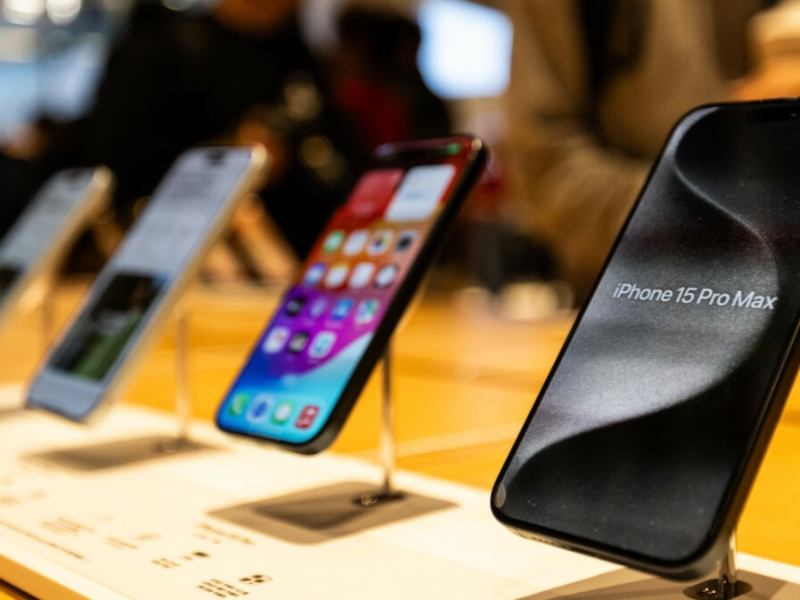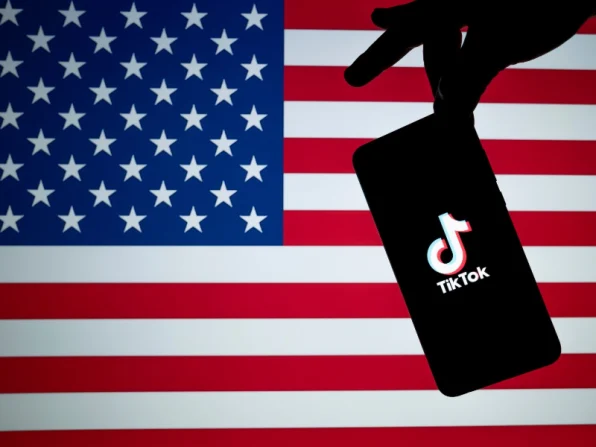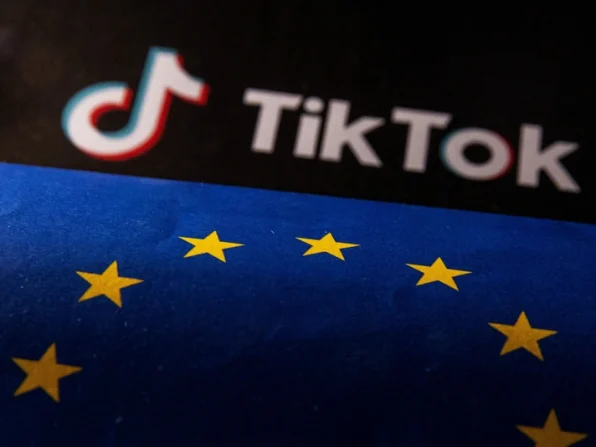- The U.S. Department of Justice and attorneys general from 16 states filed an antitrust lawsuit against Apple, accusing it of monopolising the smartphone market through price manipulation and restrictions on developers and users.
- Allegations include Apple’s stifling of competition by limiting the development of “super apps” and blocking certain features on iPhones, leading to consumer harm and dependence.
- Apple vows to vigorously defend itself, asserting that the lawsuit threatens its core principles and innovation, while developers express discontent with Apple’s App Store practices, sparking regulatory scrutiny in both the U.S. and Europe.
The U.S. Department of Justice and attorneys general from 16 states and regions have joined forces to file an antitrust lawsuit against Apple, accusing the company of illegally monopolising the smartphone market.
Also read: Apple co-founder Steve Wozniak wins fake video lawsuit v YouTube
Also read: Apple CEO Tim Cook visits Shanghai as China iPhone sales fall
The case has been submitted to the Federal District Court in New Jersey
The U.S. Department of Justice and states believe that Apple has artificially inflated prices, harming the interests of consumers and developers, and indirectly locking users into dependency on iPhones. According to the U.S. Department of Justice press release, Apple has “selectively” imposed contract restrictions on developers and limited access to certain key phone features for users.
The U.S. government alleges that Apple has unlawfully maintained its monopoly through various means, including restricting the development of “super apps,” which contain multiple programs and may weaken iOS stickiness, making it easier for iPhone users to switch to competitors’ devices.
The case has been submitted to the Federal District Court in New Jersey. This marks another major antitrust case against a tech giant following the Department of Justice’s two independent lawsuits against Google during the past two administrations. This lawsuit has been brewing since reports surfaced in June 2019 that authorities were investigating Apple for antitrust violations.
Apple stated that the lawsuit threatens the company’s core values
In response, Apple stated that the lawsuit threatens the company’s core values, and they will vigorously defend themselves:
“At Apple, we innovate every day to create technology that people love – designing products that seamlessly collaborate, protect people’s privacy and security, and create magical experiences for users. This lawsuit threatens our identity and the principles that make Apple’s products stand out in a fiercely competitive market. If successful, it will hinder our ability to create the technology people expect from Apple – the intersection of hardware, software, and services. It will also set a dangerous precedent allowing governments to take harsh measures in designing human technology. We believe this lawsuit is wrong on facts and law, and we will actively defend ourselves.”
Developers have long been discontent with Apple’s closed and opaque App Store ecosystem on iOS platforms, with one of the most outspoken companies being Spotify. The company operates a subscription service and is required to pay a 15% to 30% commission to Apple when offering services on the App Store. Developers are further aggrieved by Apple’s sale of its own apps on the App Store that compete with their own (although Apple claims this is for security reasons), exacerbating doubts among developers about whether they can obtain fair competition opportunities in the market.
Apple held a monopoly on the iOS app distribution market
Some developers voiced their concerns during a congressional subcommittee investigation into tech giants a few years ago. A report by this subcommittee in 2020 found that Apple held a monopoly on the iOS app distribution market. Legislators proposed bills such as the “Open App Markets Act” and the “American Innovation and Choice Online Act” aimed at preventing large platforms (such as Apple) from prioritising their own products over competitors’ products in their markets. However, these bills have failed to pass a vote in any chamber since they were proposed more than two years ago.
Europe has taken the lead in curbing tech giants’ monopolies compared to the United States. The EU has enacted new rules through the Digital Markets Act to counterbalance the power of large platforms (many of which are operated by Apple). Earlier this month, the European Commission fined Apple 184 million euros due to complaints from Spotify about Apple’s restrictive practices on the App Store. The EU stated that its investigation found that “Apple prohibits streaming music app developers from fully informing iOS users about alternative and cheaper music subscription services available outside of the app store.”









